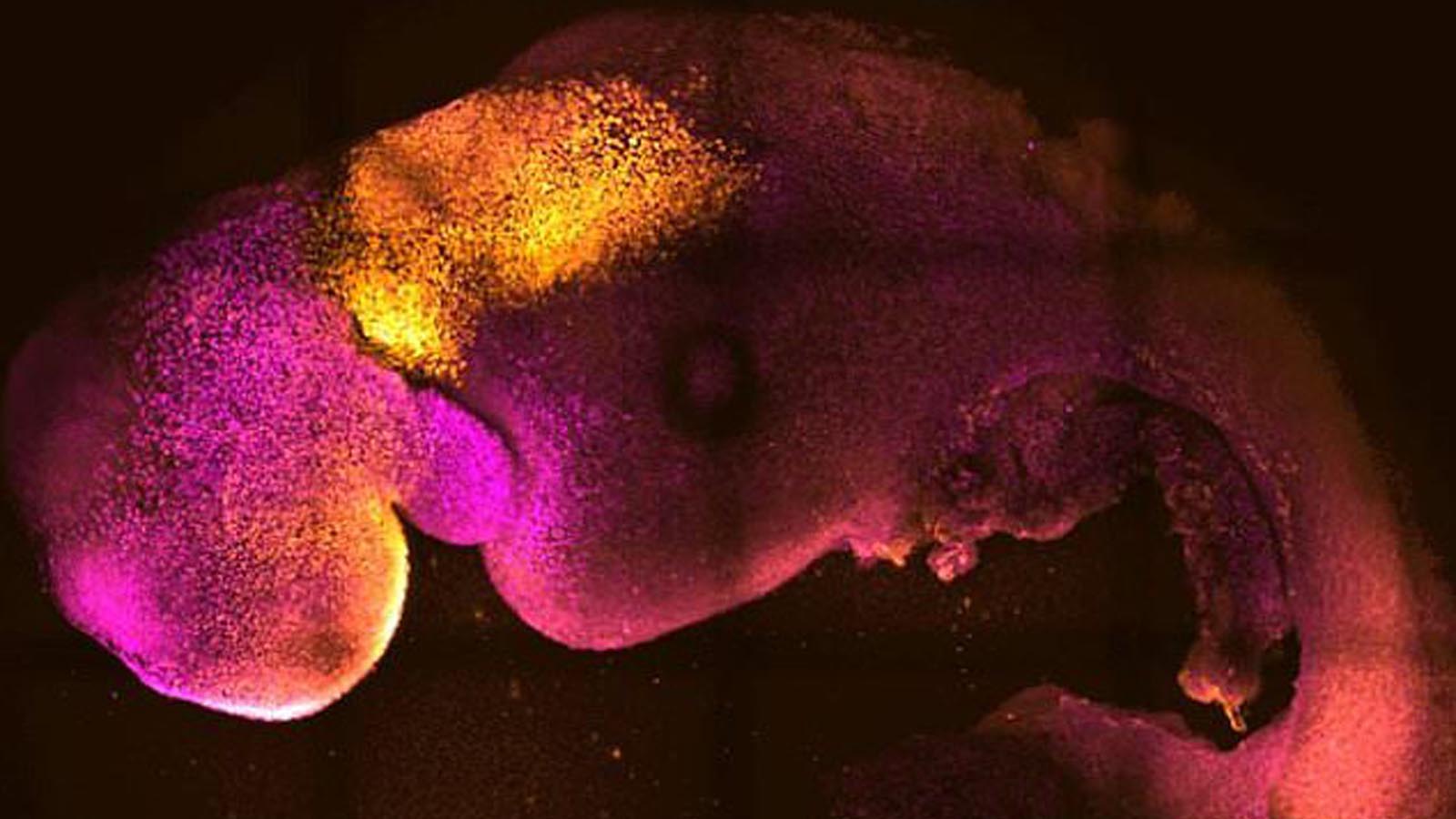Researchers from the University of Cambridge have created embryos from mouse stem cells that form a brain, a beating heart, and the foundations of every other organ in the body. This is a “further point in development than has been achieved in any other stem cell-derived model,” the university notes.
The scientists say their results, which come after more than a decade of work, could help researchers understand why some embryos fail while others go on to develop into a healthy pregnancy.
“Our mouse embryo model not only develops a brain, but also a beating heart, all the components that go on to make up the body,” said Cambridge professor Magdalena Zernicka-Goetz, who led the team.
“This period of human life is so mysterious, so to be able to see how it happens in a dish – to have access to these individual stem cells, to understand why so many pregnancies fail and how we might be able to prevent that from happening – is quite special,” added Zernicka-Goetz.
An article posted on Cambridge’s website explains that if the methods developed by Zernicka-Goetz’s team are shown to be successful with human stem cells, those methods could also be used to “guide development of synthetic organs for patients awaiting transplants.”
“There are so many people around the world who wait for years for organ transplants,” said Zernicka-Goetz. “What makes our work so exciting is that the knowledge coming out of it could be used to grow correct synthetic human organs to save lives that are currently lost. It should also be possible to affect and heal adult organs by using the knowledge we have on how they are made.”
Scientists are working to develop synthetic human models similar to the mouse models used in this research. Their hope is to better understand the mechanisms behind processes that would be otherwise impossible to study in real embryos.
Currently, according to the Cambridge article, UK law “permits human embryos to be studied in the laboratory only up to the fourteenth day of development, but there are no rules around synthetic embryos.”
“It’s like discovering a new planet that we didn’t know existed,” Zernicka-Goetz said.
The results were reported last week in the journal Nature.
















Instead of finding CURES for Human and Animal illnesses,,they are “Playing God”. This will NOT turn out Good for any of us.
THIS is why “Science” can be Dangerous. Most of these Scientists are only interested in seeing their names in some Magazine or on some paper. NOT in the ethic of their occupation. They violate these boundaries constantly and NOT for Good Reasons. THIS is NOT GOOD. And it will soon fall into the hand of enemy countries that will use it for REALLY BAD PURPOSES. Count on it.